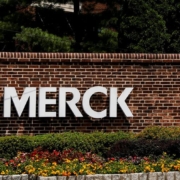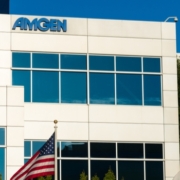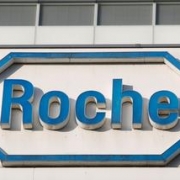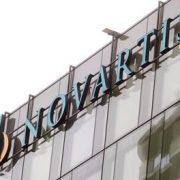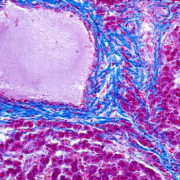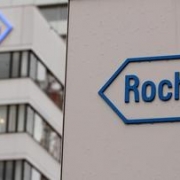Today the company reported higher-than-expected results in the third quarter on surprisingly strong demand for its COVID-19 treatment, primarily in Japan, and raised its annual sales forecast for the therapy.
A steady recovery in surgical procedures that were deferred during the pandemic, especially by older adults, as well as easing staffing shortages at hospitals have increased demand for medical devices.
Takeda has flagged this year as a rebuilding phase. It is seeking to deepen its bench of drugs in development as it loses sales exclusivity on main sellers, such as blood pressure drug Azilva in Japan and hyperactivity drug Vyvanse in the United States.
In its fourth round of layoffs this year, the California-based biopharma company is letting go of 350 former Horizon Therapeutics staff whose roles overlap with existing positions at Amgen, according to reports.
Thermo Fisher’s outlook cut is “more or less” expected and focus will now shift to how this will impact the company in 2024, according to one analyst.
Roche and its subsidiaries Genentech and Chugai Pharmaceutical jointly told the court without providing further details that they, Biogen and its manufacturer Bio-Thera had agreed to settle the case.
The Basel-based drugmaker, which spun off and listed generic drugs business Sandoz on Oct. 4, said in a statement that it expects group core operating income to grow by a percentage of “mid to high teens” in 2023, up from “low double-digit to mid teens” predicted previously.
Once a hot target for investors, the non-alcoholic steatohepatitis space has hit a succession of snags this year—so many that some analysts believe big pharma is no longer interested in taking the risk. This could make getting the first targeted therapies to the market tricky, but experts say the adjacent weight loss space offers a compelling opportunity.
The Swiss drugmaker’s new chief executive Thomas Schinecker is keen to restore Roche’s battered drug development record after major late-stage trial setbacks in Alzheimer’s and cancer immunotherapy last year.
The move comes days after Merck said it would pay Daiichi Sankyo $5.5 billion to jointly develop three of its candidate cancer drugs in a deal that could be worth up to $22 billion for the Japanese firm.

